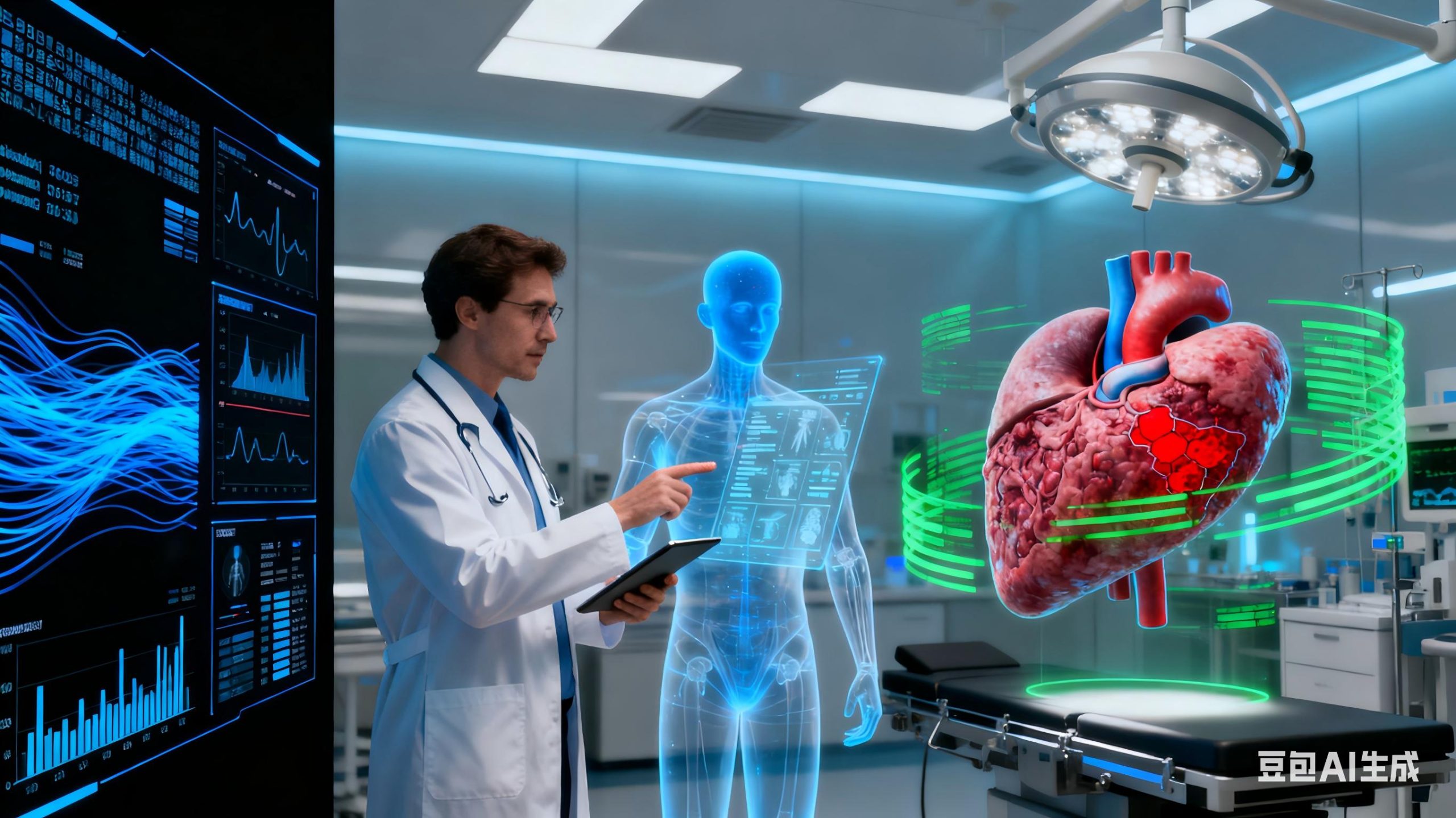he medical industry generates an enormous amount of data every day—from patient records and medical images to genomic sequences and clinical trial results. For decades, much of this data has been underutilized due to its complexity and volume. However, AI big data models are changing this landscape, turning raw data into actionable insights that diagnose diseases, predict risks, and personalize treatments—earning them the title of “digital doctors.”
One of the most impactful applications of AI big data models is in medical imaging diagnosis. Diseases like lung cancer and breast cancer often require radiologists to analyze hundreds of images to detect tiny abnormalities, a process that is time-consuming and prone to human error. AI models trained on millions of medical images can identify these abnormalities with remarkable accuracy. For example, Google’s DeepMind developed an AI model that can detect early-stage lung cancer from CT scans with a 94% accuracy rate—higher than the average 83% accuracy of human radiologists. This not only speeds up diagnosis but also helps catch diseases at an early stage when treatment is most effective.
Another critical use case is predictive medicine. AI big data models can analyze a patient’s medical history, lifestyle factors, and genetic data to predict the risk of developing certain diseases. For instance, the Mayo Clinic uses an AI model that combines data from electronic health records (EHRs) and genetic tests to predict a patient’s risk of developing type 2 diabetes. The model can identify high-risk patients up to 5 years in advance, allowing doctors to intervene with lifestyle changes or medication to prevent the disease from developing.
Moreover, AI big data models are revolutionizing drug discovery. Traditional drug development takes an average of 10 years and costs over $2 billion, with a high failure rate. AI models can analyze vast amounts of biological data, such as protein structures and molecular interactions, to identify potential drug candidates and predict their efficacy. In 2022, Pfizer collaborated with an AI company to develop a new antibiotic using big data models. The process, which typically takes 5–7 years, was completed in just 18 months, and the antibiotic showed promising results in early clinical trials.
While AI big data models in healthcare face challenges like data privacy and regulatory approval, their potential to save lives and improve healthcare outcomes is undeniable. As these models continue to learn and evolve, they will become indispensable partners for human doctors in the fight against diseases.

Leave a Reply